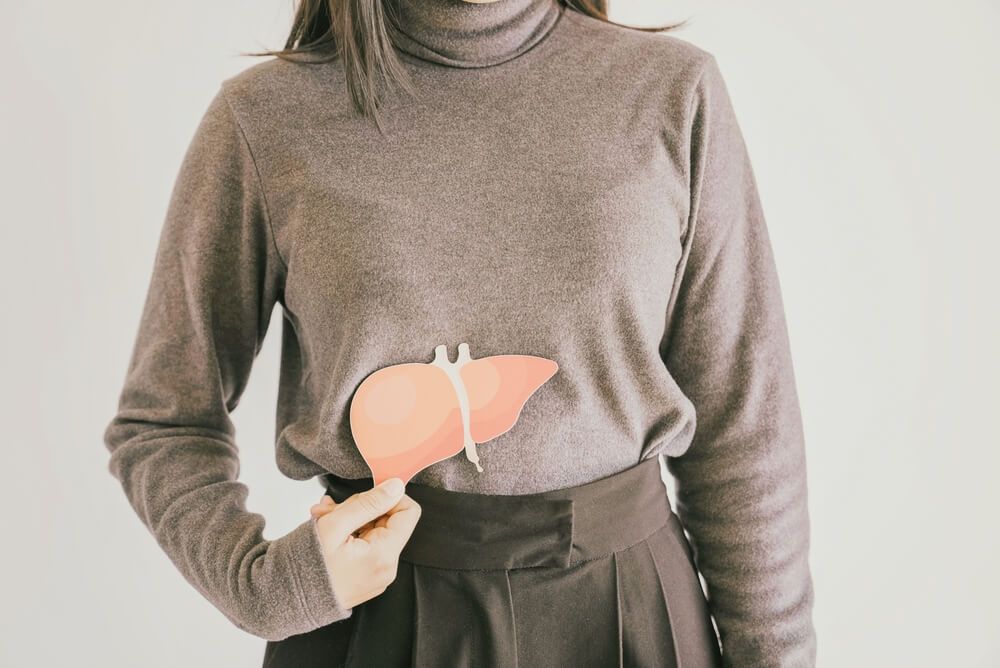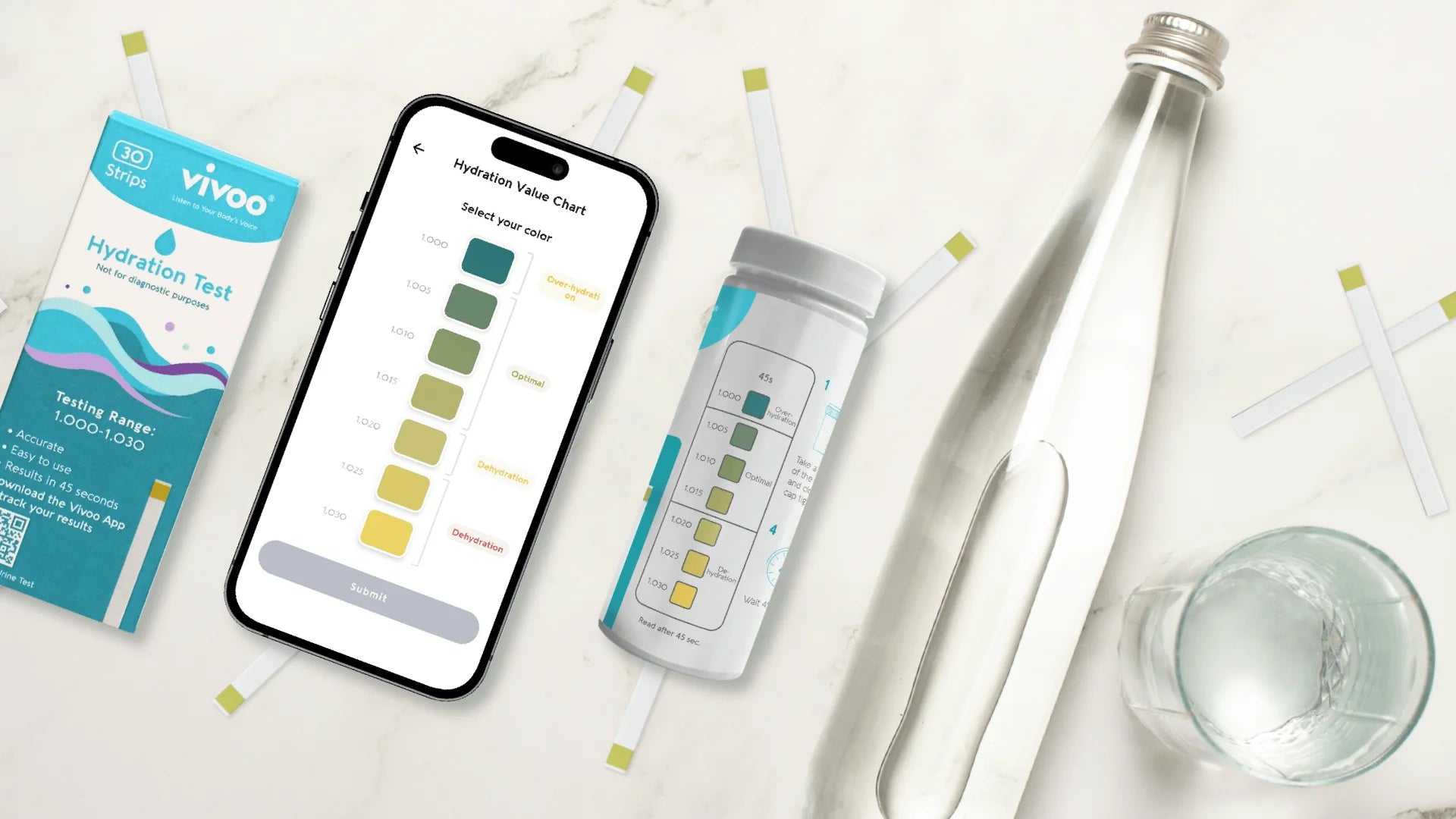The liver is the most critical organ in the body and performs functions that are needed for the simplest of tasks. Among the several things the liver does, the liver cells help eliminate toxins that enter the body through the bloodstream and form essential enzymes and hormones in the body, most notably the bile.
Fats and carbohydrates are processed in the liver, proteins and pigments are synthesized, hormones are exchanged, and toxins, drugs, viruses, etc., are neutralized. It is a kind of cleansing mechanism for our body.The liver has an enormous functional reserve capacity. In humans, even if only 10% of normal liver tissue remains after a major operation, this is sufficient to sustain life, and full regeneration of the liver mass can occur after four months.
How does the liver function?
The liver's primary function is to filter harmful substances and remove them from the body. However, it is involved in almost all other essential processes like bile secretion, amino acid metabolism, blood depot function, protein synthesis, blood clotting control, regulation of glucose levels, etc.
The liver is one of the largest organs in the body, on the correct functioning of which our entire health depends. The liver's health is directly affected by our lifestyle and nutrition, but diseases of this vital organ doesn't always cause noticeable signs and symptoms.

Activities that can weaken the liver
The liver is a detoxification organ, so it's essential to keep it healthy. These activities put pressure on the liver and, if done continuously over time, can weaken the liver:
- Eating too much a crispy crust and foods high in fat.
- Frequent use of hot spices.
- Drinking too much alcohol.
- Malnutrition or the habit of overeating.
- Rapid weight loss
- Self-medication with pharmaceutical preparations.
- Work with chemicals and toxic substances.
- Unprotected sex
- Piercings and tattoos made in dubious establishments with unsterilized tools.
Problems that the liver faces
The liver has the principal function of cleansing the body of toxins. In addition, it produces enzymes necessary for the normal functioning of the digestive system. Timely detected liver problems are easier to treat and ultimately eliminate. For this reason, getting routine check-ups from your doctor and keeping tabs on yourself with at-home tests is recommended..
The most common liver problems include:
- liver obesity or steatohepatitis,
- violations of the outflow of bile and cholelithiasis,
- toxic liver damage caused by drugs, alcohol,
- acute or chronic viral hepatitis,
- cirrhosis of the liver,
- liver tumors
Symptoms of liver disease
The most common symptoms of liver disease are:
- Yellowing of the skin and eyes.
- Feeling tired and weak all the timeDark urine color
- There is an increase in the abdomen and the development of edema.
- Abdominal pain
- Decrease in body weight and appetite.
- Nausea or vomiting
- Skin itching.
- Swelling in the joints without signs of their deformation.
- Tendency to bruise easily
- Loss of sex drive (libido)

Why should I get an at home liver test?
The liver undertakes so many critical functions for daily existence so taking good care of it is crucial. Even though going to the doctor to get your liver checked is critical, it is a good idea to consolidate and ensure your follow-up with home urine tests between your routine checkups.
Reading the test strip
Urine test strips that check liver functions look for bilirubin in the urine. Under normal conditions, there is no bilirubin in the urine, and the test strips should not detect it. It increases with hepatitis of various origins - viral, autoimmune, obstructive jaundice, or other liver damage.
Therefore, if the test strip showed the presence of bilirubin, this is a sign of trouble in the liver.
The direction of use does not differ from regular pregnancy tests: the strip must be lowered into a container with urine or directly urinated on. The test is sensitive to the bilirubin and urobilinogen pigments. The indicator will work and show the result, a color change will happen on the tst strip which can be interpreted according to the test instructions.
When to contact a doctor?
If a test result indicates liver issues, you should book an appointment with your doctor for further tests.
Individuals can use at-home urine test strips to test their liver as part of a routine check-up to ensure their liver is healthy. A doctor can run further tests to assess immediate risks and suggest the best preventive course.











